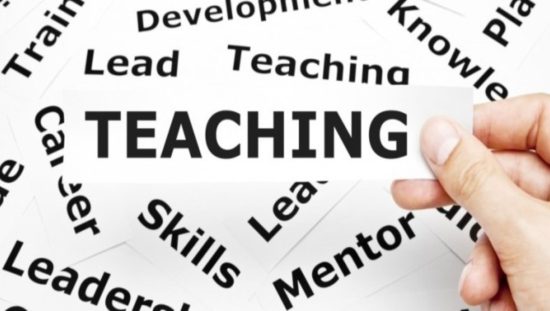The project method is the embodiment of a new way of looking at the pupil and a new way of teaching him to live. It aims at bringing out what is in the child and at allowing him to develop himself. It gives an opportunity for self-expression, and for relating the self to the community. The idea underlying the method is that the children should develop their knowledge through trying out theories in the practical solution of problems in the course of which they would come to appreciate the principle involved. For this purpose, a project will be purposeful act to achieve the desired objectives. It advocates that the education should be related to the life situation. The main focus of this strategy is socializing the child and developing the problem solving ability.
Principles of Project Method of Teaching
1. Principle of Purposefulness
The project should be purposeful, and that should have some main objective. The objective should give the enthusiasm and work to the students, otherwise that will be a wastage of time and energy.
2. Principle of Utility
The project should be useful to the students and the society. It should be of some value to the students. From a good project, the students as well as the society may get the benefit a lot.
3. Principle of Freedom
The students should be free to select the topic and execute the work according to their will and wish, interest, attitude and capacity. The teacher should only be a “guide on the side” and give guidelines to execute that.
4. Principle of Activity
Project means the purposeful activity so at the end of the project the students must gain knowledge through their activity. It is also a demand of the principle of learning by doing.
5. Principle of Reality
Project should be real and related to the life situation of the students and the society. Only then they would be able to complete the project naturally and really. Imaginary problems must not be taken up in the project.
6. Principle of Social Development
A good project focuses society needs, social development, and usefulness to the society. A single project solves the problem of the thousands of the people or the society.
7. Principle of Planning
The students plan in advance about the project. They find solutions for – How? When? What? Where? Why? So, good project develops the problem solving capacity and prior planning for the execution.
OTHER RELATED POSTS



